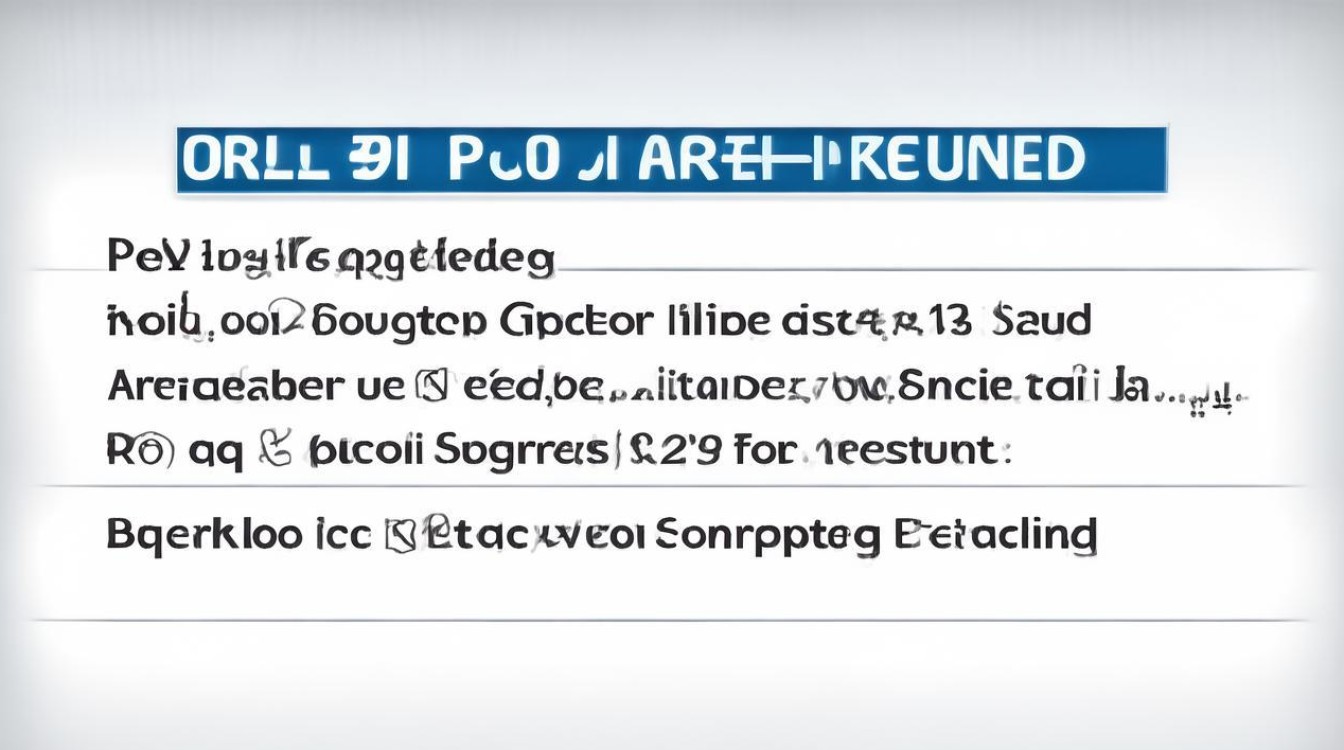Purchasing a computer is a significant investment, and when the product fails to meet expectations, requesting a refund becomes necessary. Whether the device is defective, doesn’t match the description, or simply doesn’t perform as promised, knowing how to write a professional refund request in English is crucial. This guide provides a clear approach to drafting an effective refund request while ensuring compliance with store policies.

Understanding Refund Policies
Before submitting a refund request, review the seller’s return policy. Most reputable retailers outline conditions for refunds, including time limits, required documentation, and acceptable reasons for returns. Common refund scenarios include:
- Defective or damaged products – If the computer arrives with hardware or software issues.
- Incorrect item received – If the delivered product differs from what was ordered.
- Dissatisfaction with performance – If the computer doesn’t meet advertised specifications.
Ensure the request falls within the return window—typically 14 to 30 days from purchase.
Steps to Write a Professional Refund Request
Gather Necessary Information
Before writing, collect all relevant details:
- Order number
- Purchase date
- Product model and serial number
- Reason for the refund
- Proof of purchase (receipt or invoice)
- Evidence of defects (photos, videos, or diagnostic reports)
Use a Clear and Polite Tone
A well-structured email or letter increases the chances of approval. Maintain a respectful tone, avoiding aggressive language.
Structure the Refund Request
A strong refund request includes:
Subject Line
Keep it concise:

- "Request for Refund – Order #12345"
- "Defective Computer – Refund Claim"
Greeting
Address the customer service team or representative by name if possible:
- "Dear Customer Support Team,"
- "Dear [Retailer’s Name] Returns Department,"
Introduction
State the purpose immediately:
- "I am writing to request a refund for [Computer Model] purchased on [Date] due to [Reason]."
Explanation of the Issue
Provide a detailed account of the problem:
- "Upon receiving the computer, I noticed [Describe Issue]. Despite troubleshooting, the problem persists."
- "The product does not match the specifications listed on your website."
Attach Supporting Evidence
Mention any attached files:
- "I have included photos of the defect and a copy of the receipt for reference."
Request a Refund
Clearly state the desired resolution:
- "I kindly request a full refund as per your return policy."
- "Please confirm the refund process and provide return instructions."
Closing
End politely with contact details:

- "Thank you for your assistance. I look forward to your prompt response."
- "Sincerely, [Your Name] [Contact Information]"
Submit the Request
Send the email to the retailer’s customer service address or submit it through their online portal. Keep a copy for records.
Sample Refund Request Email
Subject: Request for Refund – Order #78910
Dear Amazon Customer Service,
I am writing to request a refund for the Dell XPS 15 laptop (Order #78910) purchased on May 10, 2024. Unfortunately, the device arrived with a malfunctioning keyboard, making it unusable for work purposes.
Despite attempting basic troubleshooting, the issue persists. I have attached photos of the defective keys and a copy of the invoice for verification.
As this product is covered under Amazon’s 30-day return policy, I kindly request a full refund. Please provide instructions on how to proceed with the return.

Thank you for your attention to this matter. I look forward to your reply.
Best regards,
John Smith
john.smith@email.com
+1 (555) 123-4567
What to Do If the Refund Is Denied
If the retailer refuses the refund, consider these steps:
- Escalate the Issue – Contact a higher-level support representative.
- File a Dispute – If purchased via credit card, request a chargeback.
- Leave a Review – Share your experience to alert other customers.
- Seek Consumer Protection – Report the issue to consumer rights agencies if necessary.
Final Thoughts
A well-written refund request increases the likelihood of a positive outcome. By providing clear details, maintaining professionalism, and adhering to the seller’s policies, you can efficiently resolve the issue. If the retailer fails to cooperate, alternative dispute methods ensure your consumer rights are protected.



